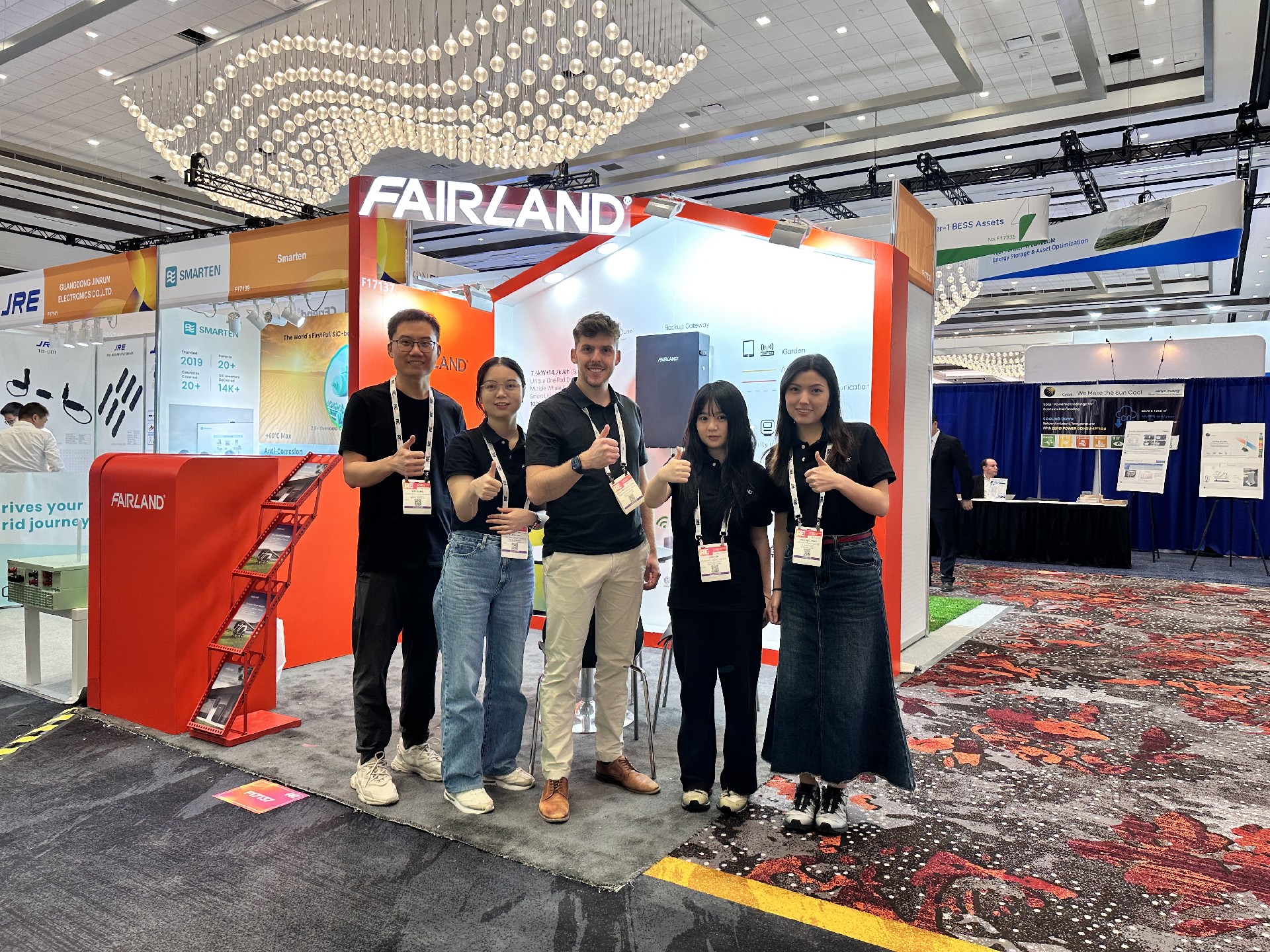Expenses for a swimming pool include more than the purchase or construction; it also covers heating costs and regular maintenance. Therefore, different ways to heat a pool bring varying cost considerations and maintenance needs. In this article, we will compare the difference between swimming heat pumps and pool heaters, analyze the advantages of each, and recommend the best pool heating method for pool owners.
What’s the Difference between a Heat Pump and a Pool Heater?
Pool heat pumps and pool heaters are the commonly used equipment for heating private recreational swimming pools. Both systems operate electronically to keep the water at a comfortable temperature. The main difference is that a pool heater draws energy from the heating element, whereas a pool heat pump uses the natural heat from the air to warm the water.
The following is a table comparing the performance of pool heat pumps and pool heaters:
|
|
Pool Heat Pump
|
Pool Heater
|
|
Type
|
A pool heat pump, which typically includes an inverter pool heat pump and an on/off pool heat pump, is a relatively modern way of heating swimming pool water. [Read on for the difference between conventional and heat pumps.]
|
A pool heater is a conventional way to heat pool water, often powered by gas (including natural gas and propane) or electricity.
|
|
Operating Temperature & Speed
|
Inverter pool heat pumps operate as usual in cold sub-zero temperatures and can heat up rapidly.
|
Pool heaters can operate at any temperature and warm up an entire pool shortly.
|
|
Cost
|
Pool heat pumps consume relatively little energy leading to comparatively low operating and energy costs, making them very cost-effective.
|
Pool heaters have high operating costs, and as fuel prices fluctuate, the cost of heating water over one season is unpredictable.
|
|
Maintenance
|
Pool heat pumps require only regular maintenance and rarely need repairs. Proper care can extend its lifespan up to 10 years. [Read on for more information: How long do heat pumps last for pools? ]
|
The minerals in the water can easily damage the heat exchanger of a pool heater, often causing the heater to malfunction and requiring ongoing maintenance to ensure it stays in top condition.
|
|
Impact On The Environment
|
Pool heat pumps are eco-friendly as they are using eco-Friendly refrigerant and consume less energy. They will not harmful to our surroundings.
|
Pool heaters are not eco-friendly due to its large amount of energy consumption. Therefore, it has harmful effects on our surroundings.
|
Which Is Better? A Pool Heater Or A Heat Pump?
An inverter pool heat pump will be the perfect way to keep warm in your pool if you reside in a warm region, regularly use your swimming pool, and have a sufficient budget. Inverter pool heat pumps are far more energy efficient than pool heaters, allowing you to spend less energy and time to raise the water temperature faster. Therefore, inverter pool heat pumps are the best choice for those who enjoy swimming, especially for long periods.
You might choose a standard pool heater if you reside in a colder climate, rarely use your swimming pool, and only for a quick boost in the water temperature when necessary. If the cost of gas in your area is lower than electricity, a gas pool heater is more suitable. Since electric pool heaters require more electricity to heat the water, they are better suited for small and compact pools, such as spas, hot tubs, and small indoor pools.
But ultimately, deciding which type of pool heating equipment to use relies on which one best meets your individual needs. It varies with where you live, how often you intend to use your pool, and how much of a budget you have. [Continue reading for more advice: How to Choose A Pool Heat Pump Fit for Your Swimming Pool?]
What Are The Advantages Of A Heat Pump for Pool?
l Lower cost. The primary benefit of using a pool heat pump is that it consumes relatively less energy than a pool heater. Therefore, running a pool heat pump costs less.
l Less maintenance. Once installed and set up, pool heat pumps rarely require repairs and generally only require routine maintenance. The advantage of a pool heat pump over a pool heater is that there is no heat exchanger, so there are few instances of equipment breakdown due to damage from water minerals.
l Fast heating in low ambient temperatures. With continuous advances in pool heating technology, the efficiency of pool heat pumps no longer decreases as the temperature drops. When the ambient temperature is as low as -15 degrees Celsius, inverter pool heat pumps can still operate normally and heat the water quickly so that pool owners can swim in the water without waiting too long.
Will A Pool Heat Pump Work In Winter?
Yes, a pool heat pump does indeed function well in the cold. pool heat pump wholesale with inverter systems have excellent heating capabilities to run effectively year-round. Inverter heat pumps for pools have proven to be a supremely effective pool heating tool in terms of renewable energy, making them what most people consider to be the best pool heaters for winter. Pool heat pumps naturally obtain their heat from the air with a minimal need for electricity. It runs without the need for sunshine or other limited resources like natural gas. These days, inverter pool heat pumps enable effective operation at temperatures as low as -15 degrees Celsius. If you want to heat your pool throughout the year, an inverter pool heat pump will be a good choice.
Does A Swimming Pool Heat Pump Use A Lot Of Electricity?
No, the pool heat pumps require only a small quantity of electricity for operation. While pool heat pumps are slightly more expensive to purchase and install than gas pool heaters, their annual operating costs are usually much lower due to their higher efficiency. With proper maintenance, pool heat pumps typically last longer than pool heaters. Therefore, you will save more money in the long run.
Inverter pool heat pumps are becoming increasingly popular in all regions as more people want to utilize their swimming pools in the winter or extend their swimming season as long as possible. The latest X20 eco plus swimming pool heat pump from Fairland feature the revolutionary TurboSilence® Full-inverter technology, which boosts the COP to an even higher level and makes energy efficiency noticeable. The TurboSilence® Full-inverter pool heat pump is a novel approach to pool heating; it is not an enhancement on energy saving and quiet operation of any traditional pool heater. Through innovations in technology and capabilities, the INVERX20 achieves 20 times the energy savings and 20 times the quiet operation, providing the ultimate swimming experience for pool users worldwide. For affluent pool owners who aspire to the intelligent outdoor living style, the cutting-edge INVERX20 will be a pool heat pump worth the investment.
Final Words
In August 2022, the EU passed a regulation under which member states agreed to reduce their gas demand by 15% from the average consumption of the past five years through measures of their own choice between 1 August 2022 and 31 March 2023. A German Energy Saving Ordinance, which forbids the use of gas and electricity to heat private swimming pools, is currently in force from 1 September 2022 until the end of February 2023, with a target gas consumption reduction of 20%. Minor heating is permitted in private swimming pools under a new clarification when it is necessary to keep the pool from frost and to prevent damage to the swimming pools.
The fact that pool owners can no longer heat their private pools with electricity or gas during the cold season makes consumers think. Given this, which type of pool heating is best? Inverter pool heat pumps are the best way to heat a swimming pool, both suitable for short-term and frequent use. Especially the combined use of the TurboSilence® Full-inverter pool heat pump and the InverX Solar Energy Storage System will be the most cost-effective way to heat a swimming pool today. As the 1st Free Energy Outdoor Solution, the iGarden™ Solar Energy Storage System provides the backup energy supply for inverter pool heat pumps in a sustainable way. Send your inquiry to sales@fairland.com.cn for more details. Team Fairland will be at your disposal.















